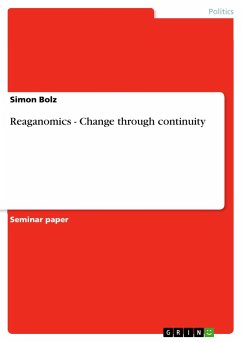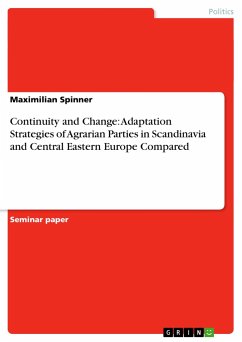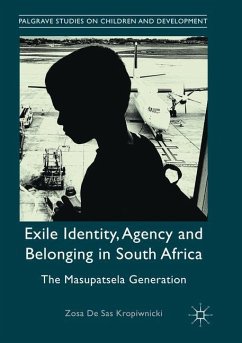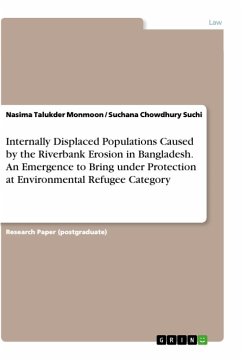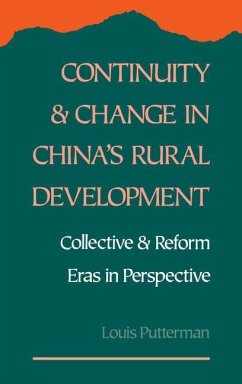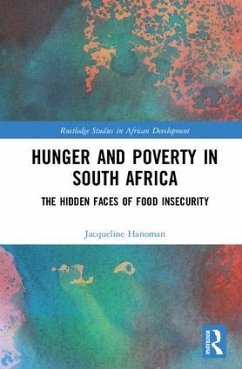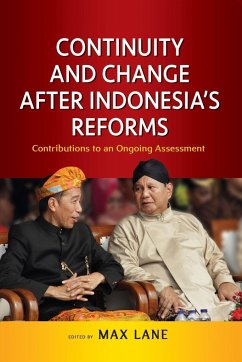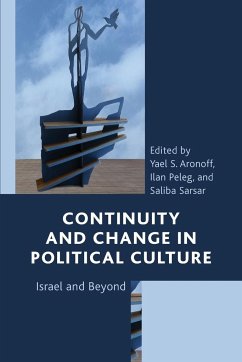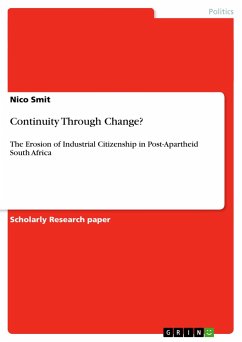
Continuity Through Change?
The Erosion of Industrial Citizenship in Post-Apartheid South Africa

PAYBACK Punkte
0 °P sammeln!
Research Paper (undergraduate) from the year 2010 in the subject Politics - International Politics - Region: Africa, grade: 70, University of Cape Town (Department of Political Science), course: Third World Politics, language: English, abstract: Any discussion of industrial citizenship in South Africa is one which requires not only afocus on the current labour relations dispensation, but which tracks the development of labourrelations in South Africa as it progressed along a winding path, beginning with the import oftrade unionism from Britain in the latter stages of the nineteenth century.1 F...
Research Paper (undergraduate) from the year 2010 in the subject Politics - International Politics - Region: Africa, grade: 70, University of Cape Town (Department of Political Science), course: Third World Politics, language: English, abstract: Any discussion of industrial citizenship in South Africa is one which requires not only afocus on the current labour relations dispensation, but which tracks the development of labourrelations in South Africa as it progressed along a winding path, beginning with the import oftrade unionism from Britain in the latter stages of the nineteenth century.1 From the outsetindustrial citizenship was not extended to all workers, with race providing the basis forinclusion and exclusion, and the dual labour relations system was formally crystallized in1953.2 Under the apartheid regime, labour relations created pattern of inclusion and exclusionon a racial basis which was swept away in 1979 with the state's acceptance andimplementation of the recommendations made by the Wiehahn Commission.3 South Africa'striple transition has been "accompanied by a process of corporate and workplacerestructuring,"4 engendering new patterns of inclusion and exclusion as South Africa hasentered a globally integrated economy where exclusion is justified on the grounds of costreduction and increasing competitiveness.5This essay aims to make the argument that a large (and growing) portion of the SouthAfrican workforce has roughly gone full circle in terms of industrial citizenship - whereunder apartheid they were denied labour rights and access to the industrial relationsmachinery, they are currently in a situation where the gains won throughout the liberationstruggle and cemented in post-apartheid labour legislation are increasingly being eroded asthey are shifted to a section of the workforce which finds itself beyond the scope of labourlegislation. This paper is divided into four sections, the first providing a discussion of thedualistic labourrelations system. The second section discusses the immediate legislativereforms effected in the wake of the 1973 Durban strikes, the establishment of the Wiehahn Commission, its recommendations and the effect thereof on labour relations in South Africa.The third section focuses on the post-apartheid era, and the final section concludes.




